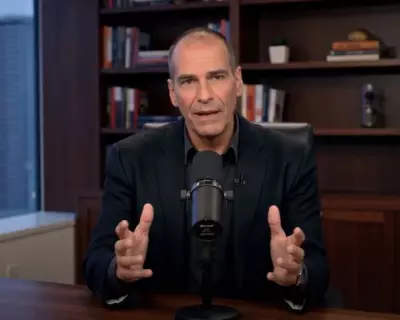
The UK's communications regulator, Ofcom, has issued a stark warning to technology companies, demanding they intensify efforts to protect women and girls from pervasive online abuse, trolling, and toxic behaviour.
A Call for Industry-Wide Action
In new guidance published today, Ofcom is urging social media platforms, dating apps, gaming sites, and pornography providers to take greater responsibility for user safety. The regulator's chief executive, Dame Melanie Dawes, stated in an open letter that the digital world is "actively harming their participation and even facilitating abuse." She emphasised the urgent need for industry-wide action, pointing out that women in sport, politics, and other public arenas face significant and widespread abuse online every single day.
This call to action follows high-profile cases, including a letter from Sport England chairman Chris Boardman to Ofcom concerning the online abuse directed at the England Women’s football team during Euro 2025. Similarly, Parliament's youngest female MP, Rosie Wrighting, has publicly detailed the misogynistic insults she receives, such as being called "Barbie" and a "stupid girl." She attributes the deterrent effect of such abuse on preventing "many great women" from entering politics.
Key Recommendations for a Safer Online Environment
Ofcom's guidance, which it admits goes beyond the current legal duties set out in the Online Safety Act, provides a practical framework for tech firms. The recommendations are designed to create tangible safeguards for female users. Key measures include:
- Implementing prompts that encourage users to reconsider before posting potentially harmful content.
- Imposing "timeouts" for users who repeatedly target victims.
- Limiting the number of comments or posts from a single account to prevent abusive "pile-ons".
- Allowing users to block or mute multiple accounts simultaneously.
- Introducing more sophisticated and simplified reporting tools for abuse.
- Making it easier for users to set their accounts to private by default.
- Using automated "hash-matching" technology to detect and remove non-consensual intimate images.
The Push for Mandatory Enforcement
A significant caveat to this new guidance is that it is not legally enforceable. This has prompted strong reactions from online safety and domestic abuse charities. The organisation Internet Matters has called on the Government to make the guidance mandatory. Rachel Huggins, its co-chief executive, argued that if the Government is committed to halving violence against women and girls, it must transform Ofcom's "A Safer Life Online for Women and Girls" into a statutory Code of Practice.
The domestic abuse charity Refuge echoed this sentiment, welcoming the guidance as a step forward but stressing that "meaningful protection for women and girls will rely on tech companies engaging fully with the guidance." Refuge warned that if companies fail to act, the Government must make the guidance legally enforceable.
Ofcom has stated it will publish a progress report in the summer of 2027. Dame Melanie Dawes made it clear that if the action from tech firms is insufficient, Ofcom will consider making formal recommendations to the Government to strengthen the Online Safety Act. Sports Minister Stephanie Peacock branded the abuse aimed at sportswomen as "horrific" and joined the call for tech companies to "step up and stamp it out."
Supporting the initiative, Chris Boardman highlighted the offline impacts of online abuse, noting that the fear of judgment, exacerbated by the abuse of high-profile athletes, deters many women and girls from participating in sport. He affirmed that the "hard-won gains in women’s sport must not be destroyed by misogyny."





